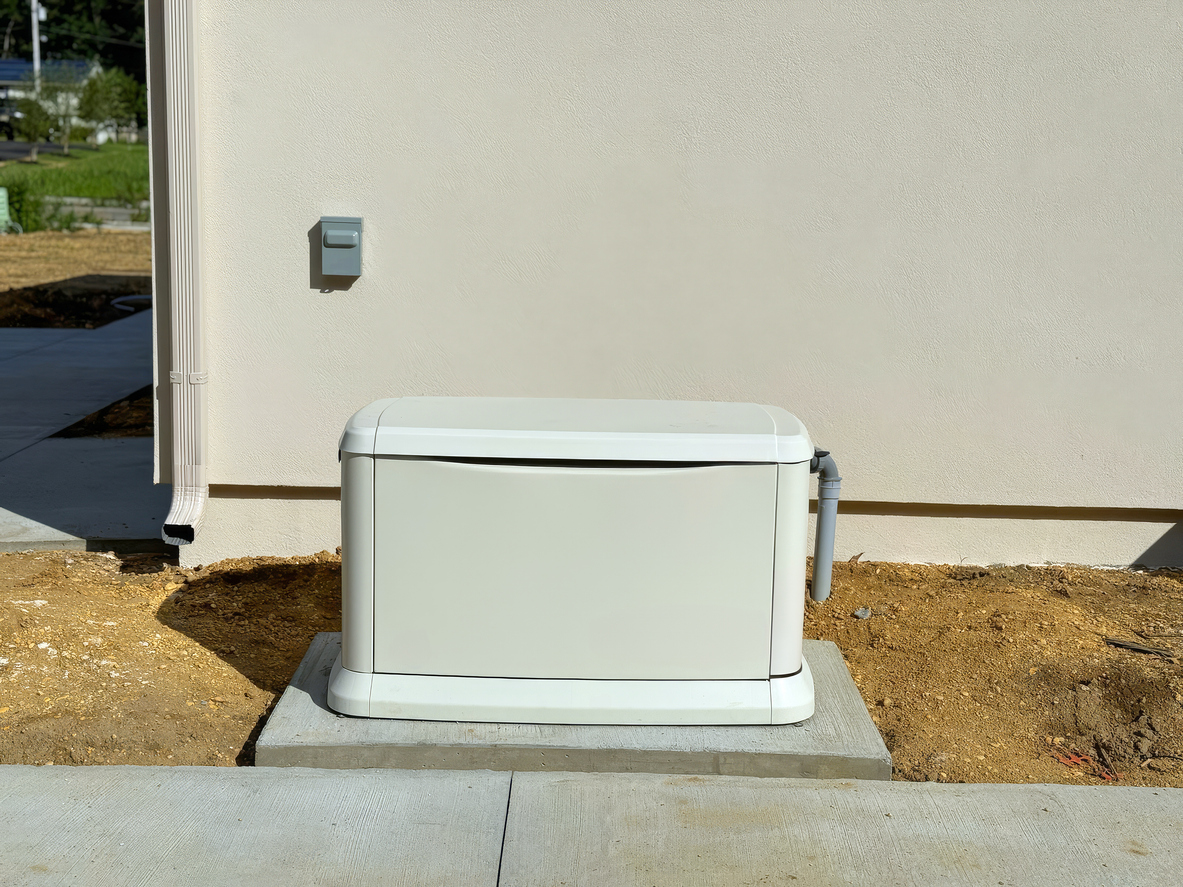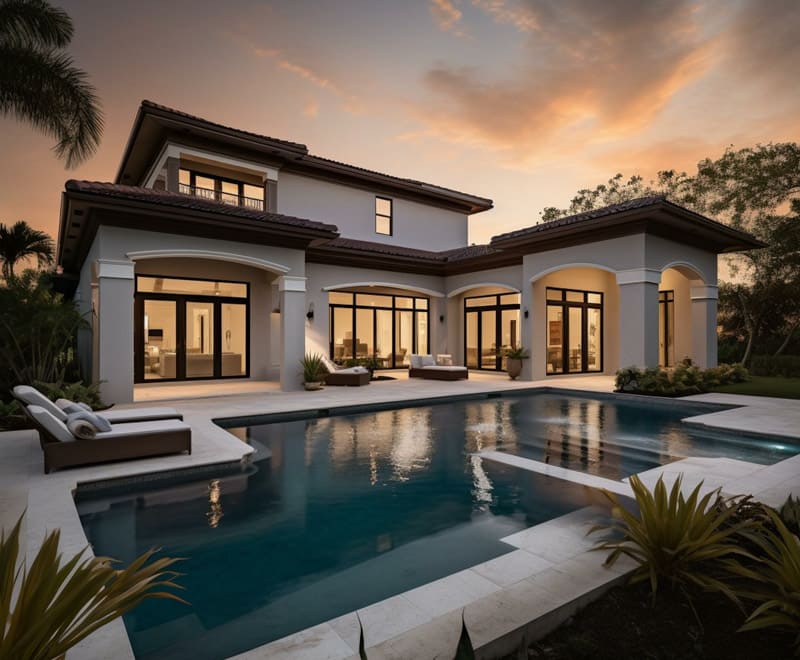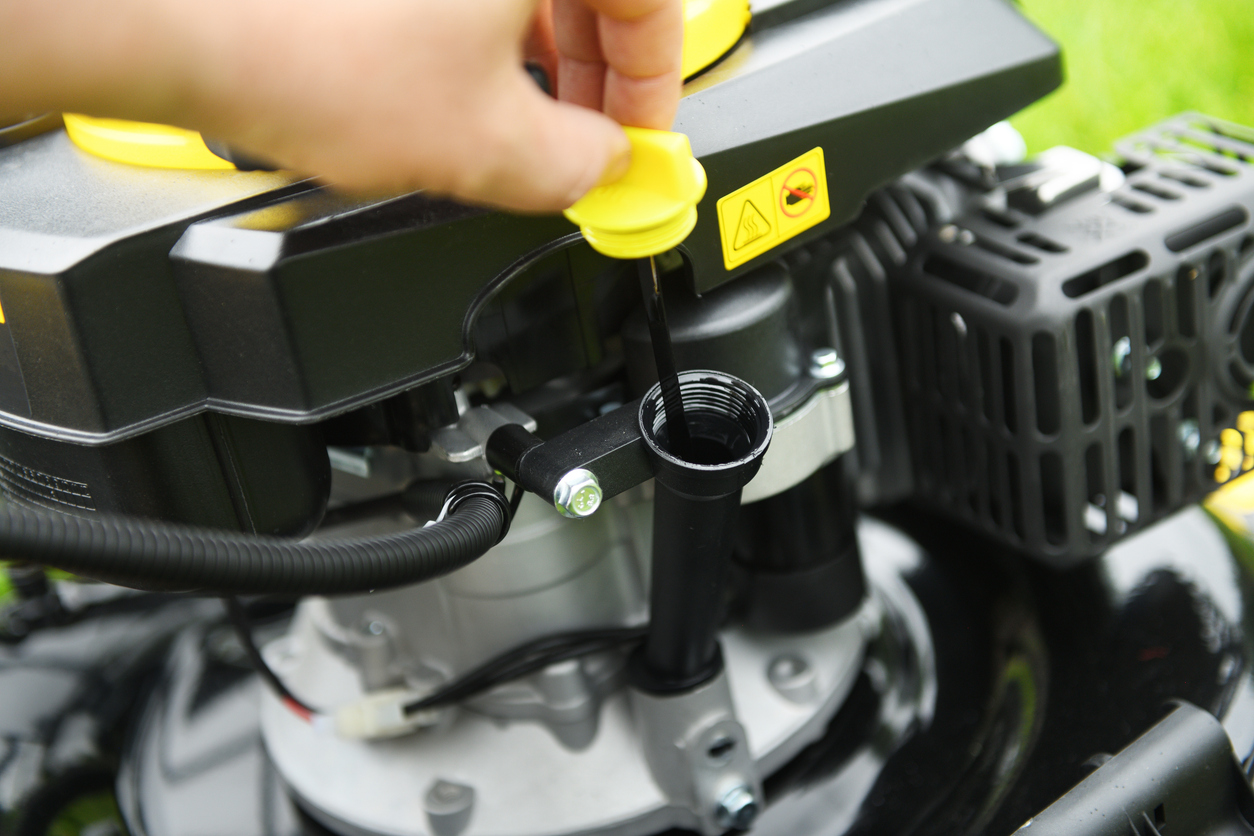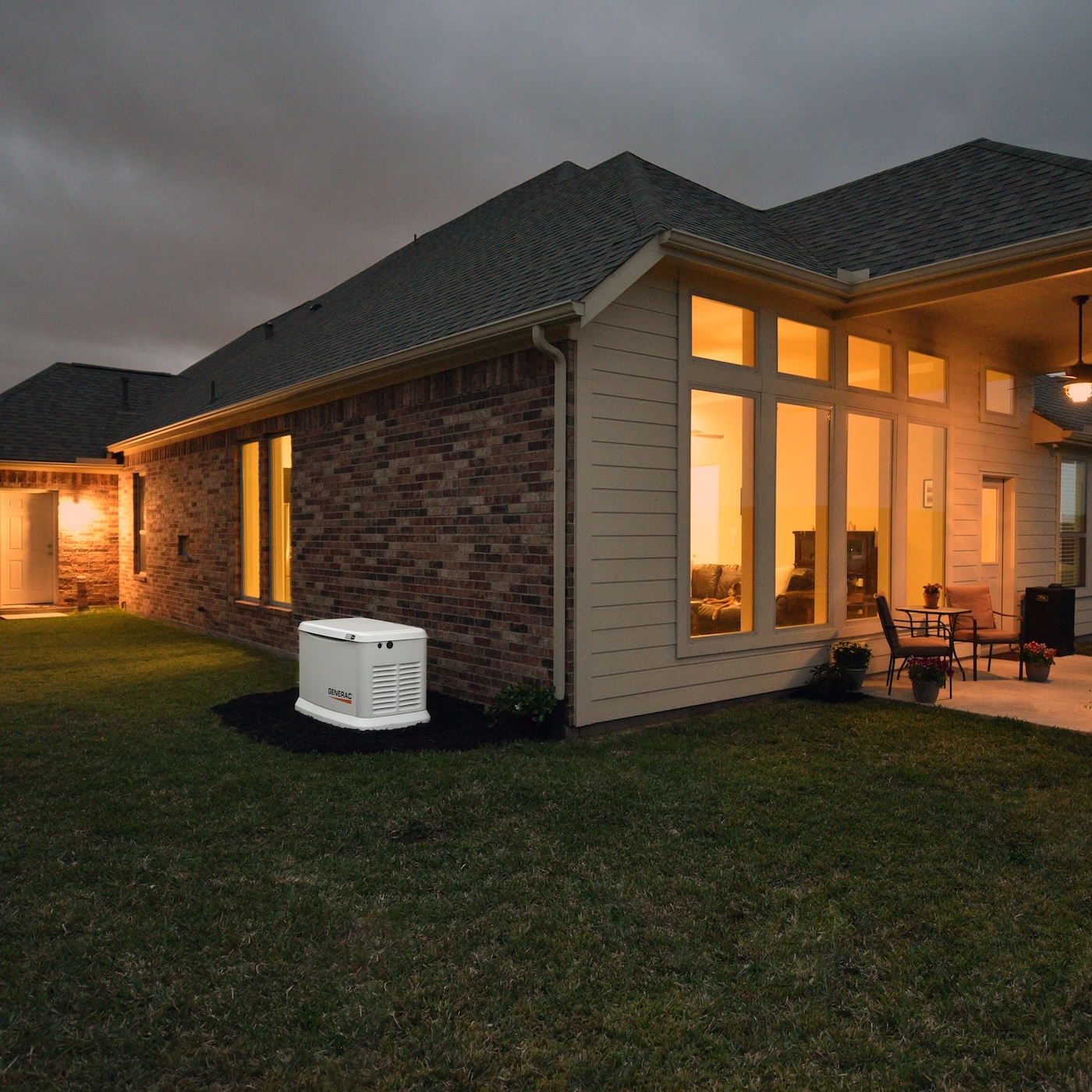What Size Generator for A 1,200 Sq Ft House

A 1200 sq ft house typically needs a generator with 7kW to 10kW capacity to power essential appliances like lights, a refrigerator, and an HVAC system. For whole-house coverage, you might need a slightly larger model, depending on your specific power demands.
Picking the right size ensures comfort and avoids wasted energy.
Need help deciding? Schedule an estimate with Bo’s Electric here.
Factors That Affect Generator Size Requirements
Choosing the right generator size isn’t just about square footage—it’s about what you plan to power. Here are the main factors that determine your generator size:
1. Appliance Load
Consider what you want to run during an outage. Essentials like refrigerators, lights, and a water heater require less power than adding central air conditioning or an electric stove.
2. Heating and Cooling
If your home has electric heat or central air, you’ll need a generator that can handle the higher power demand. Homes in hot or cold climates typically require a larger unit to keep the HVAC running.
3. Power Surge from Appliances
Some appliances, like refrigerators or sump pumps, draw extra power when they start up. Your generator needs to handle these surges without shutting down.
4. Frequency of Outages
For areas with frequent or long outages, you may want a larger generator to handle more appliances and ensure comfort for extended periods.
5. Future Needs
Think about potential upgrades or changes to your home. Adding more appliances or a larger HVAC system down the road could mean needing more power.
By understanding these factors, you can better match a generator to your home’s needs without overspending or ending up short on power.
Calculating Your Specific Power Needs
To pick the right generator, you need to know how much power your home uses during an outage. Here’s how to figure it out:
1. List Essential Appliances
Write down the appliances and systems you want to keep running, like your fridge, lights, and HVAC. Don’t forget smaller things like a microwave or sump pump if they’re important to you.
2. Find the Wattage for Each Appliance
Check the labels on your appliances or look up their average wattage. Remember to account for both running wattage and surge wattage (the extra power some appliances need when starting).
3. Add Up Total Wattage
Add up the running wattage for all your essential appliances. Then add a little extra for surge wattage—about 20% is a safe margin.
4. Match the Total to a Generator Size
Take your total wattage and find a generator that meets or slightly exceeds that number. For example, if your essentials add up to 8,000 watts, a 10kW generator is a good choice.
5. Think About Future Needs
If you’re planning any upgrades, like adding an HVAC system or a water heater, it’s worth choosing a slightly larger generator now to save costs later.
Knowing your exact power needs ensures you don’t waste money on an oversized unit or end up short during an outage. It’s always better to be prepared than to guess.
Not sure where to start? We can help you calculate your power needs and choose the right generator for your home. Contact us today!
Fuel Options and Efficiency Considerations
The type of fuel your generator uses affects its convenience and performance. Here’s a breakdown of the two most common options for whole house generators:
1. Natural Gas
Natural gas is a top choice for standby generators because it’s reliable and hassle-free. If your home has a gas line, the generator connects directly, so you don’t need to refuel. It’s also cleaner-burning than other fuels, making it a low-maintenance option for long-term use.
2. Propane
Propane is a great alternative for homes without natural gas access. It stores well in tanks, lasts longer than gasoline, and burns cleanly. You’ll need to monitor your tank levels and plan for refills, but it’s still an efficient and reliable fuel option.
Choosing the right generator for a 1200 square foot home comes down to understanding your power needs and selecting a size and fuel type that fits your setup. For most homes, a generator in the 7kW to 10kW range powered by natural gas or propane will cover essentials and even some extras without going overboard.
Investing in the right generator ensures your home stays safe and comfortable during power outages. Whether you’re looking for basic backup or whole-house coverage, taking the time to plan ahead will save you from unnecessary stress later.Need expert advice or help with installation? Schedule an estimate with Bo’s Electric today.. Let’s make sure your home is ready for anything.




